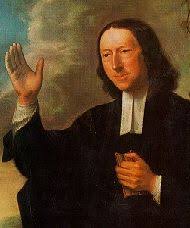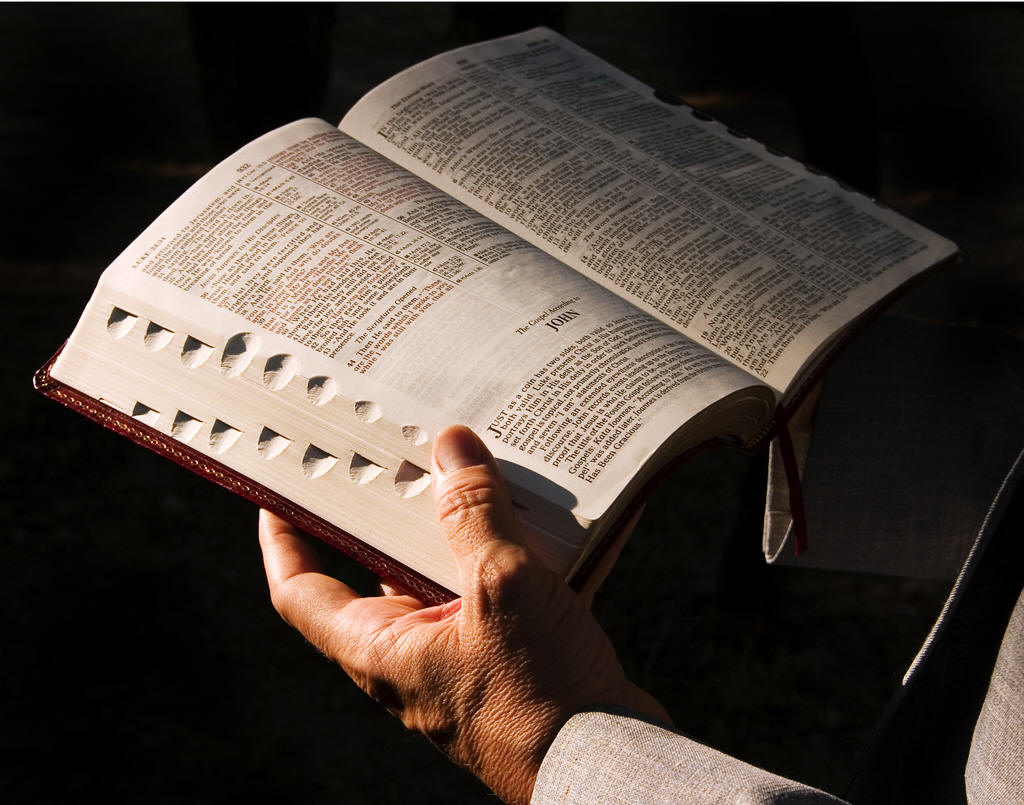 For the first Sunday of my ‘Thirty Days of Thankfulness‘ I wish to lift up the names of John Wesley, and his brother, Charles, and thank God for inspiring both of these great men. Yes, I’m biased. I was raised a Methodist and my great-grandfather, the Rev. John Hodge, was my first pastor. He baptized me and I learned discipleship at his knee. I sang Charles Wesley’s hymns Sunday mornings. Later in life, as a Lay Speaker, I studied grace (previent, justifying and sanctifying) for the journey of Christian perfection.
For the first Sunday of my ‘Thirty Days of Thankfulness‘ I wish to lift up the names of John Wesley, and his brother, Charles, and thank God for inspiring both of these great men. Yes, I’m biased. I was raised a Methodist and my great-grandfather, the Rev. John Hodge, was my first pastor. He baptized me and I learned discipleship at his knee. I sang Charles Wesley’s hymns Sunday mornings. Later in life, as a Lay Speaker, I studied grace (previent, justifying and sanctifying) for the journey of Christian perfection.
I won’t even attempt to summarize the lives of the Wesley brothers. Primary sources for both men are freely available via the Internet with a simple Google search. I will share my John Wesley favorite quotes and my favorite Charles Wesley poem/hymn.
John Wesley Quotes
“Having, First, gained all you can, and, Secondly saved all you can, Then give all you can.” —from a sermon in the Works of John Wesley
“Though we cannot think alike, may we not love alike? May we not be of one heart, though we are not of one opinion? Without all doubt, we may. Herein all the children of God may unite, notwithstanding these smaller differences.” —from a sermon in the Works of John Wesley
I look on all the world as my parish; thus far I mean, that, in whatever part of it I am, I judge it meet, right, and my bounden duty, to declare unto all that are willing to hear, the glad tidings of salvation. — Journal (11 June 1739)
Do all the good you can,
By all the means you can,
In all the ways you can,
In all the places you can,
At all the times you can,
To all the people you can,
As long as you ever can.
I am no longer my own, but yours.
Put met to what you will, rank me with whom you will;
put me to doing, put me to suffering.
Let me be employed by you or laid aside by you,
enabled for you or brought low by you.
Let me be full, let me be empty.
Let me have all things, let me have nothing.
I freely and heartily yield all things
to your pleasure and disposal.
And now, O glorious and blessed God,
Father, Son, and Holy Spirit,
you are mine, and I am yours. So be it.
And the covenant which I have made on earth,
let it be ratified in heaven.
Amen. (Wesley Covenant Prayer)
Charles Wesley Poet
Charles wrote the lyrics to my favorite Christmas carol, “Hark, the Herald Angels Sing,” and the familiar standards “O For a Thousand Tongues to Sing” and “Love Divine All Love Excelling.” But nestled near the center of the United Methodist Hymnal rests “Come, O Thou Traveler Unknown.” Two weeks after his brother’s death, John Wesley tried to teach this hymn at Bolton, but broke down when he came to the lines “my company before is gone, and I am left alone with thee.”
Come, O thou Traveller unknown,
Whom still I hold, but cannot see!
My company before is gone,
And I am left alone with Thee;
With Thee all night I mean to stay,
And wrestle till the break of day.
I need not tell Thee who I am,
My misery and sin declare;
Thyself hast called me by my name,
Look on Thy hands, and read it there;
But who, I ask Thee, who art Thou?
Tell me Thy name, and tell me now.
In vain Thou strugglest to get free,
I never will unloose my hold!
Art Thou the Man that died for me?
The secret of Thy love unfold;
Wrestling, I will not let Thee go,
Till I Thy name, Thy nature know.
Wilt Thou not yet to me reveal
Thy new, unutterable Name?
Tell me, I still beseech Thee, tell;
To know it now resolved I am;
Wrestling, I will not let Thee go,
Till I Thy Name, Thy nature know.
’Tis all in vain to hold Thy tongue
Or touch the hollow of my thigh;
Though every sinew be unstrung,
Out of my arms Thou shalt not fly;
Wrestling I will not let Thee go
Till I Thy name, Thy nature know.
What though my shrinking flesh complain,
And murmur to contend so long?
I rise superior to my pain,
When I am weak, then I am strong
And when my all of strength shall fail,
I shall with the God-man prevail.
Contented now upon my thigh
I halt, till life’s short journey end;
All helplessness, all weakness I
On Thee alone for strength depend;
Nor have I power from Thee to move:
Thy nature, and Thy name is Love.
My strength is gone, my nature dies,
I sink beneath Thy weighty hand,
Faint to revive, and fall to rise;
I fall, and yet by faith I stand;
I stand and will not let Thee go
Till I Thy Name, Thy nature know.
Yield to me now, for I am weak,
But confident in self-despair;
Speak to my heart, in blessings speak,
Be conquered by my instant prayer;
Speak, or Thou never hence shalt move,
And tell me if Thy Name is Love.
’Tis Love! ’tis Love! Thou diedst for me!
I hear Thy whisper in my heart;
The morning breaks, the shadows flee,
Pure, universal love Thou art;
To me, to all, Thy bowels move;
Thy nature and Thy Name is Love.
My prayer hath power with God; the grace
Unspeakable I now receive;
Through faith I see Thee face to face,
I see Thee face to face, and live!
In vain I have not wept and strove;
Thy nature and Thy Name is Love.
I know Thee, Saviour, who Thou art.
Jesus, the feeble sinner’s friend;
Nor wilt Thou with the night depart.
But stay and love me to the end,
Thy mercies never shall remove;
Thy nature and Thy Name is Love.
The Sun of righteousness on me
Hath rose with healing in His wings,
Withered my nature’s strength; from Thee
My soul its life and succour brings;
My help is all laid up above;
Thy nature and Thy Name is Love.
Lame as I am, I take the prey,
Hell, earth, and sin, with ease o’ercome;
I leap for joy, pursue my way,
And as a bounding hart fly home,
Through all eternity to prove
Thy nature and Thy Name is Love.
Methodist Character
In closing, I wish to share the seventeenth paragraph from John Wesley’s “The Character of a Methodist,” the reading of which often brings tears to my eyes:
These are the principles and practices of our sect; these are the marks of a true Methodist. By these alone do those who are in derision so called, desire to be distinguished from other men. If any man say, “Why, these are only the common fundamental principles of Christianity!” thou hast said; so I mean; this is the very truth; I know they are no other; and I would to God both thou and all men knew, that I, and all who follow my judgment, do vehemently refuse to be distinguished from other men, by any but the common principles of Christianity, — the plain, old Christianity that I teach, renouncing and detesting all other marks of distinction. And whosoever is what I preach, (let him be called what he will, for names change not the nature of things,) he is a Christian, not in name only, but in heart and in life. He is inwardly and outwardly conformed to the will of God, as revealed in the written word. He thinks, speaks, and lives, according to the method laid down in the revelation of Jesus Christ. His soul is renewed after the image of God, in righteousness and in all true holiness. And having the mind that was in Christ, he so walks as Christ also walked.
— From the Thomas Jackson edition of The Works of John Wesley, 1872.

 For the twentieth day, and third Sunday, of my ‘
For the twentieth day, and third Sunday, of my ‘